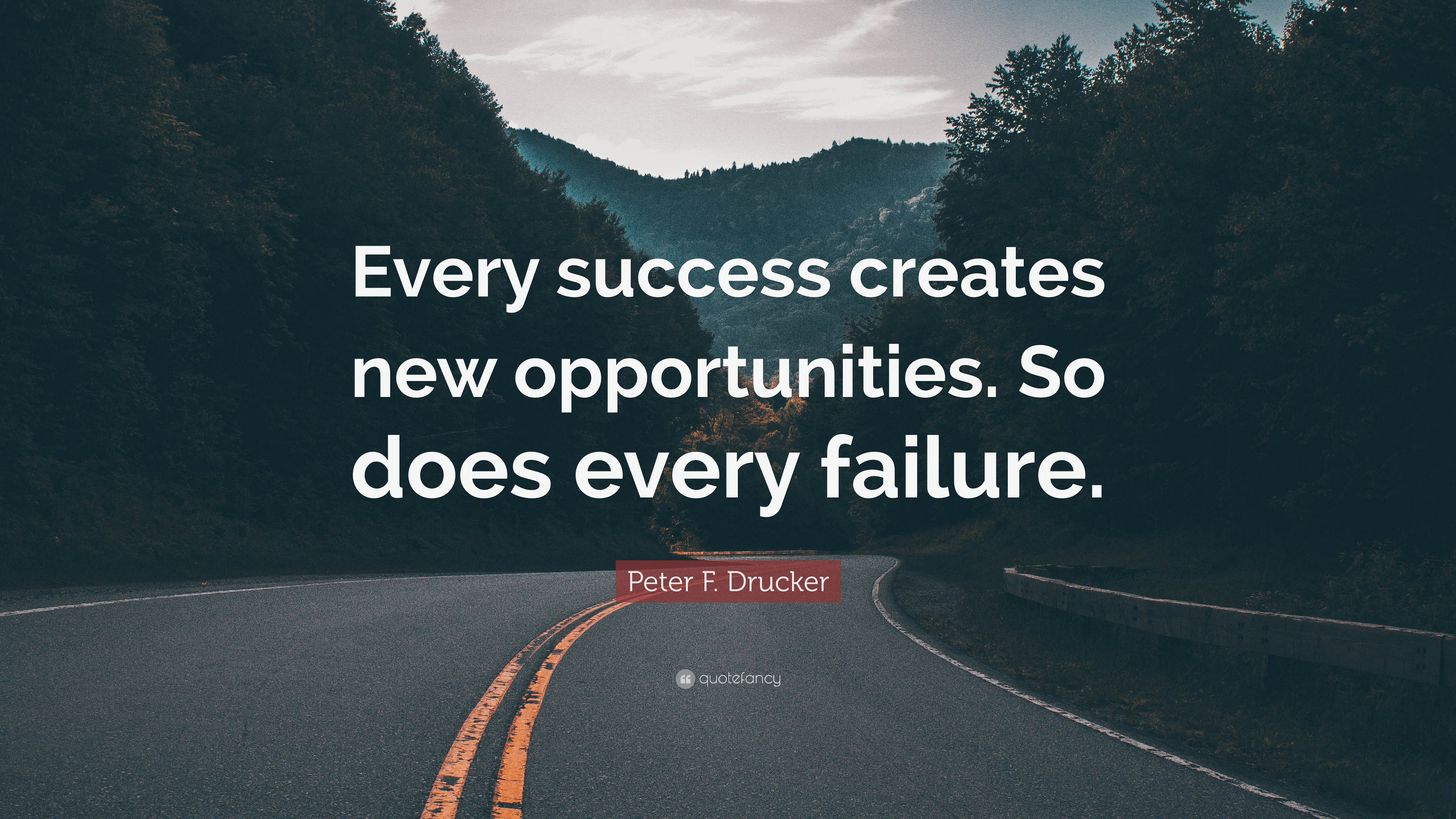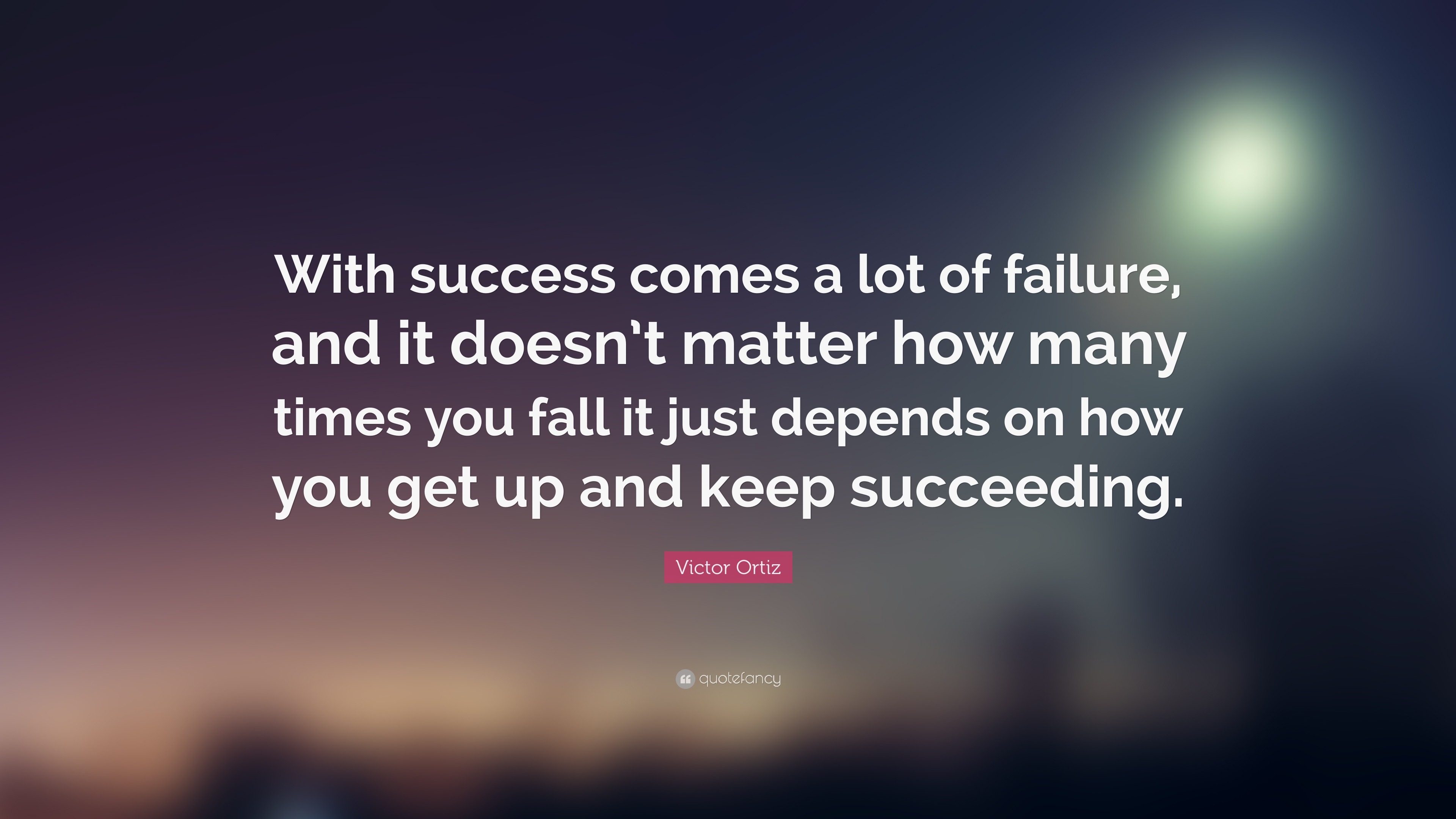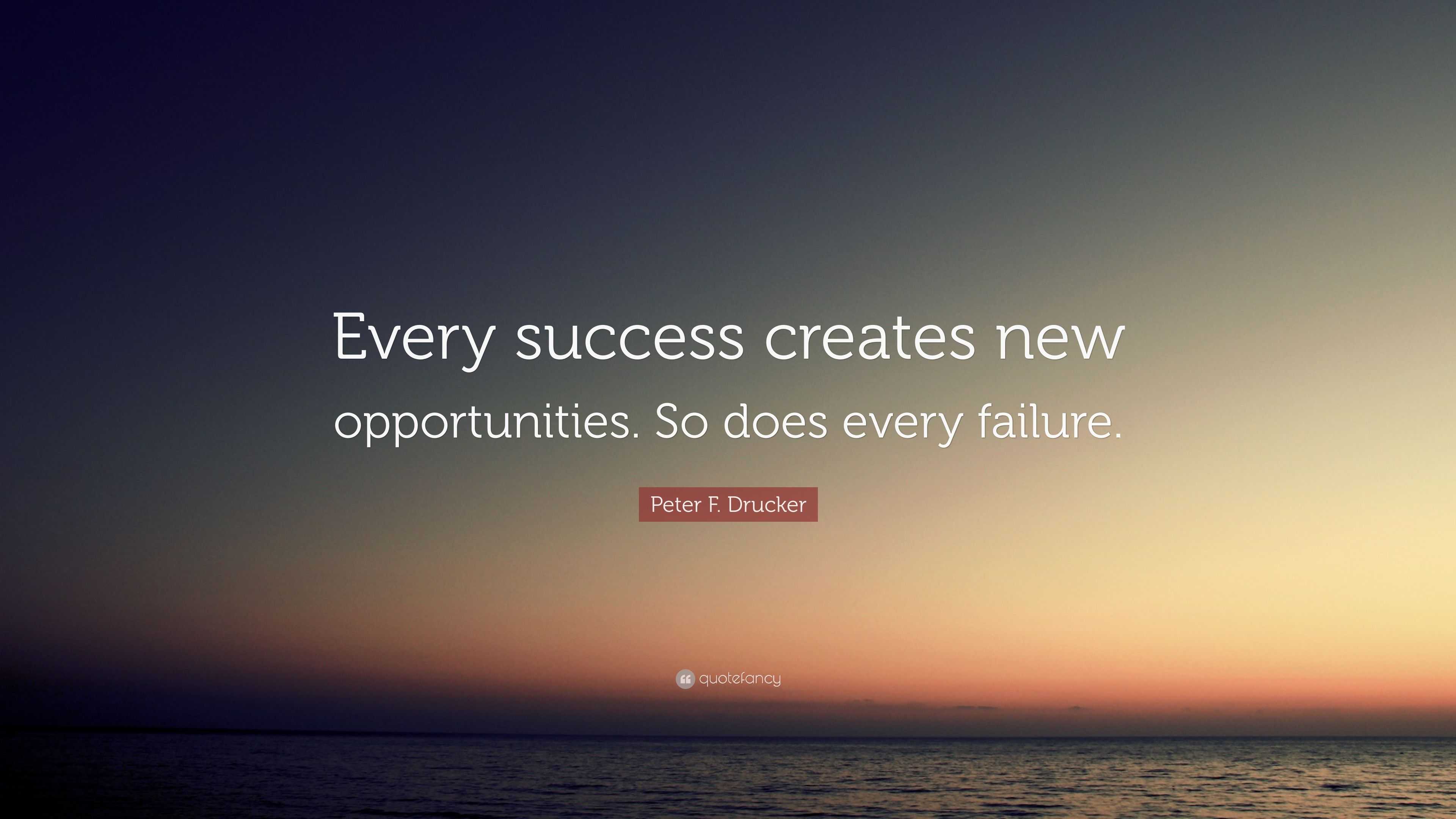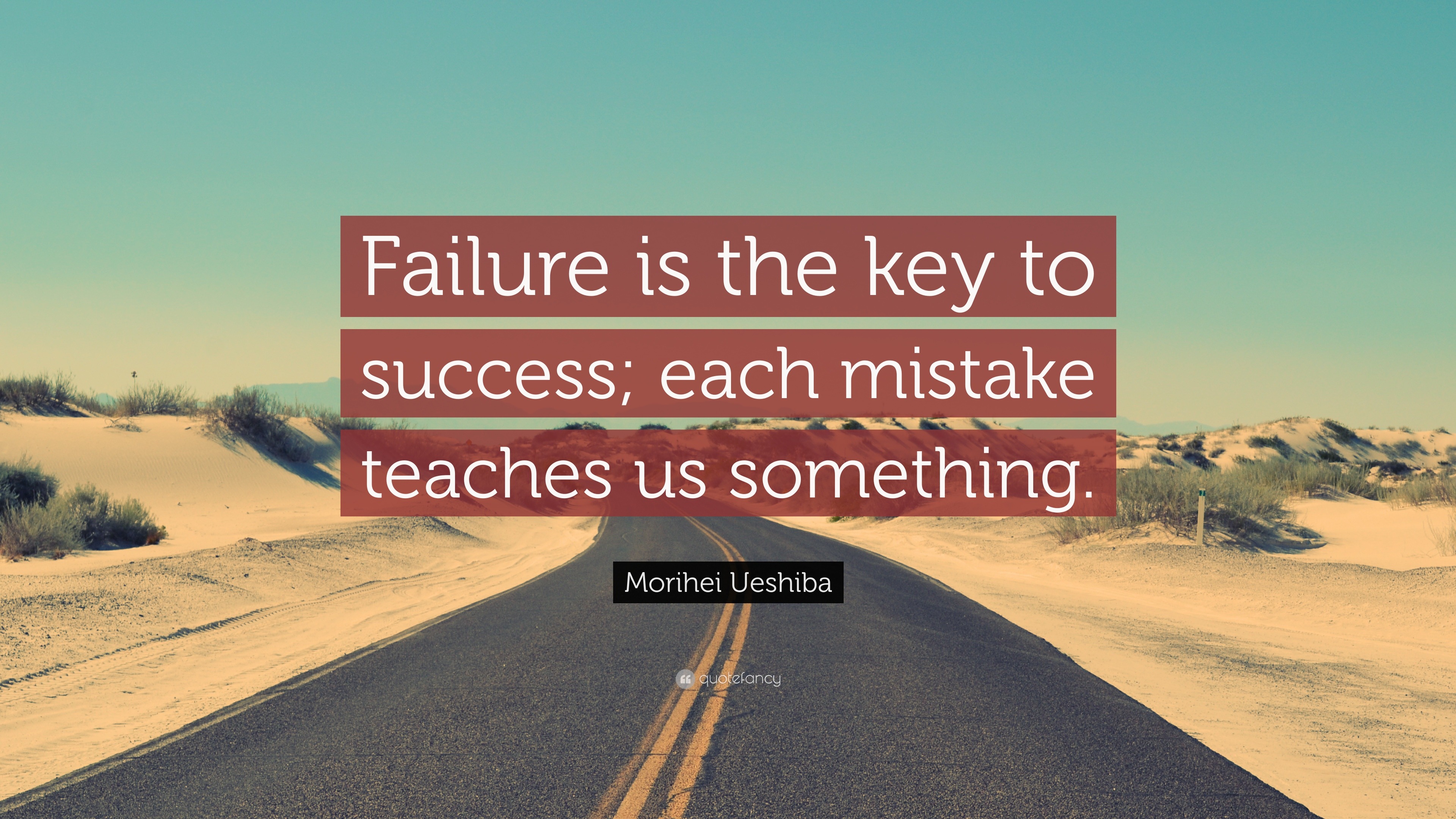With Every Failure Comes The Opportunity For Success

The economic downturn of 2008, a period etched in the memories of millions worldwide, served as a stark reminder of the fragility of economic systems. But within the ashes of collapsed markets and shattered financial institutions, a resurgence of entrepreneurial spirit and innovative solutions emerged, illustrating the age-old adage: with every failure comes the opportunity for success.
This article examines how individuals, businesses, and communities responded to the crisis, transforming adversity into a catalyst for growth and change. It explores the mechanisms by which failure prompted adaptation, innovation, and a renewed focus on resilience. The stories of those who navigated the storm and found opportunity in its wake offer valuable lessons for facing future challenges.
The Anatomy of Crisis and Response
The 2008 financial crisis, triggered by the collapse of the housing market, sent shockwaves across the globe. Banks teetered on the brink of collapse, unemployment soared, and consumer confidence plummeted.
However, the crisis also sparked a wave of creativity and resourcefulness. Individuals, forced to confront economic hardship, sought alternative pathways to financial stability. Businesses, facing shrinking markets, re-evaluated their strategies and embraced new technologies.
Entrepreneurial Renaissance
With traditional employment opportunities drying up, many individuals turned to entrepreneurship. The crisis fostered a spirit of self-reliance and a willingness to take risks.
According to data from the Kauffman Foundation, startup activity in the United States saw a significant increase in the years following the crisis. This surge in entrepreneurship was fueled by factors such as increased access to technology, the rise of the gig economy, and a desire for greater autonomy.
"We saw a lot of people who had been laid off from large corporations deciding to bet on themselves," said Maria Contreras-Sweet, former Administrator of the Small Business Administration, in a 2016 interview with Forbes. "They used their skills and experience to launch their own businesses, contributing to the economic recovery."
Innovation as a Survival Tool
Established businesses also responded to the crisis by embracing innovation. Companies that were willing to adapt to changing market conditions and invest in new technologies were better positioned to survive and thrive.
The crisis accelerated the adoption of digital technologies, as businesses sought ways to reach customers more efficiently and cost-effectively. E-commerce, social media marketing, and cloud computing became essential tools for businesses of all sizes.
One example is the rise of sharing economy platforms like Airbnb and Uber, which emerged in the aftermath of the crisis. These platforms provided individuals with new ways to generate income and allowed consumers to access goods and services at lower prices.
Community Resilience
The crisis also highlighted the importance of community resilience. Local organizations, charities, and government agencies played a crucial role in providing support to those who were most affected.
Community development financial institutions (CDFIs) stepped up to provide loans and technical assistance to small businesses and underserved communities. These organizations helped to stabilize local economies and create opportunities for those who had been left behind.
"The 2008 crisis exposed the vulnerabilities of our financial system and the inequalities in our society," said Ben Bernanke, former Chairman of the Federal Reserve, in his memoir "The Courage to Act". "But it also demonstrated the resilience of the American people and their capacity to overcome adversity."
Lessons Learned and Moving Forward
The experiences of the 2008 financial crisis offer valuable lessons for navigating future challenges. The importance of adaptability, innovation, and community support cannot be overstated.
The crisis also underscored the need for greater financial regulation and oversight to prevent future economic meltdowns. Policies that promote responsible lending, protect consumers, and ensure financial stability are essential for building a more resilient economy.
By learning from the past and embracing the opportunities that arise from failure, individuals, businesses, and communities can create a brighter future for all.


















